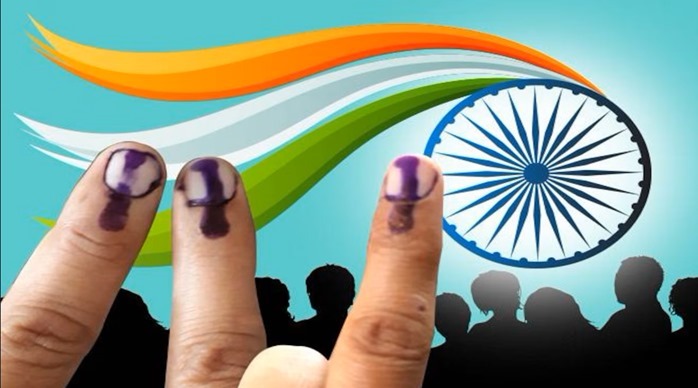The controversial electoral bonds scheme was declared unlawful by the Supreme Court in a landmark decision today. The court found that the anonymity provided by electoral bonds breaches the right to information guaranteed by Article 19(1)(a) of the Constitution. This ruling follows the hearing of several petitions against the plan by a constitution bench that included Chief Justice DY Chandrachud and Justices Sanjiv Khanna, BR Gavai, JB Pardiwala, and Manoj Misra. In her lead opinion, Chief Justice Chandrachud emphasised the critical significance of political financial openness. In a separate opinion, Justice Khanna expressed agreement with the chief justice’s viewpoint but provided a slightly different justification. The court’s decision addressed worries that the electoral bonds would encourage quid pro quo agreements, emphasising the necessity of transparent governance and voter access to information.
The court not only invalidated the electoral bonds programme but also made significant rulings concerning Section 182 of the Companies Act and the matter of corporate political contributions. Under certain restrictions, Indian corporations are permitted to donate money to political parties under Section 182 of the Companies Act of 2013.
These requirements required that the contributions be approved by the Board of Directors of the company, that they not be made in cash, and that they be openly revealed in the Profit and Loss (P&L) statement of the company. The 2017 Finance Act, however, brought about a number of significant changes, one of which was the elimination of the previous ceiling on corporate contributions to political parties, which was set at 7.5 percent of the average profits of the three previous fiscal years. Furthermore, it was no longer necessary for businesses to reveal the identities of the political parties to which contributions were made in their profit and loss statements.
The court determined that the change to Section 182, which allows corporations to make limitless political contributions, was obviously arbitrary for a number of reasons. It first highlighted the potential for transactions conducted with the aim of obtaining benefits in return, noting the disproportionate influence that corporations possessed in the election process relative to individuals.

Importantly, the Indian Penal Code of 1860’s several clauses were the target of the FIRs that were filed. The Directorate of Enforcement (ED) filed an ECIR based on these FIRs in order to look into money laundering offences in accordance with the Prevention of Money Laundering Act of 2002. This infuriated the concerned authorities, who went to the High Court to request the quashing of the FIR and any further actions related to the money laundering case. The case concerned financial activities, according to the High Court: the loan, the defaulter’s failure to repay it, and the subsequent auction of the defaulter’s assets. The ED chose to prioritise this appeal over the previous one. The High Court had issued general directions prohibiting the arrest, according to the Top Court, among other things, when it passed the contested ruling. The accused did not plead for anticipatory bail, according to the court, thus the same could not have happened.
The case of State of Telangana v. Habib Abdullah Jeelani and Others was cited in support of this. The directive not to arrest the accused or use coercive measures against the accused would be equivalent to an order of anticipatory bail, the Supreme Court stated in that ruling. The Court determined that the contested ruling went against the established body of legal precedent. “Without undermining the powers of the High Court under Section 482 of Cr.PC to quash the proceedings if the allegations made in the FIR or complaint prima facie do not constitute any offence against the accused, or if the criminal proceedings are found to be manifestly malafide or malicious, instituted with ulterior motive etc., we are of the opinion that the High Court could not have stayed the investigations…,” the Court reasoned. The Top Court invalidated the contested order on these grounds. The ruling made it clear that the aforementioned findings have nothing to do with the merits of the next case that the High Court will hear.


